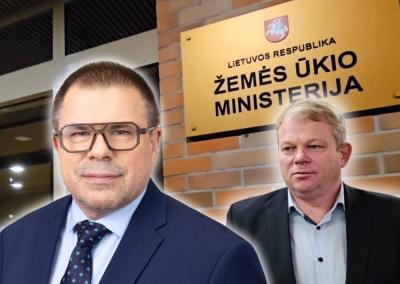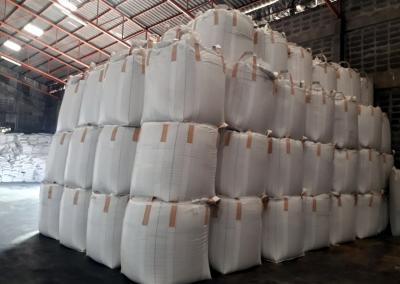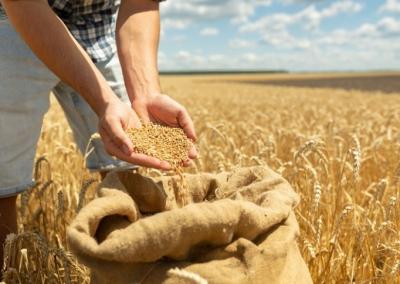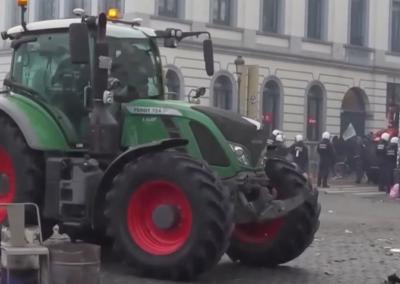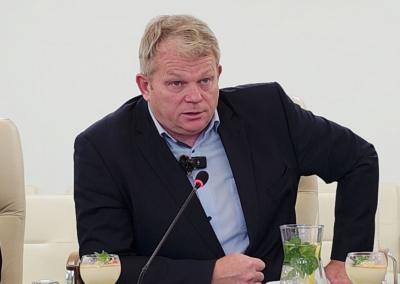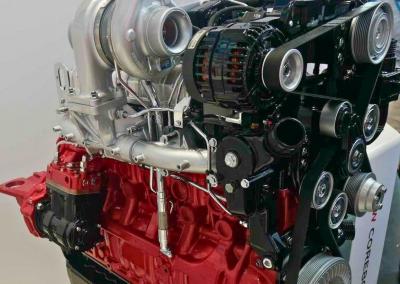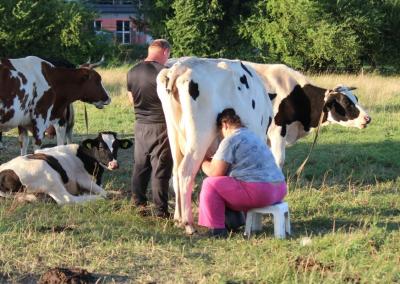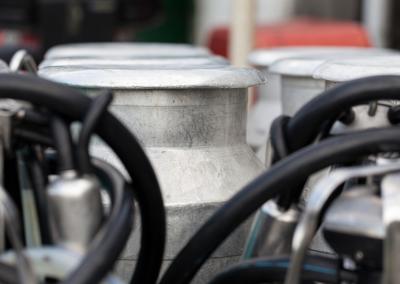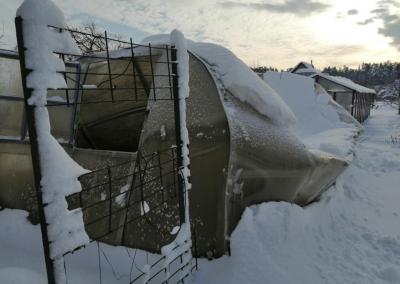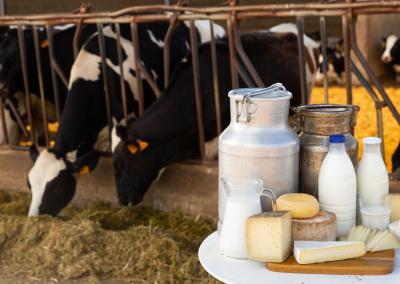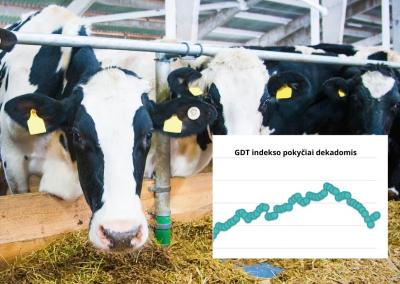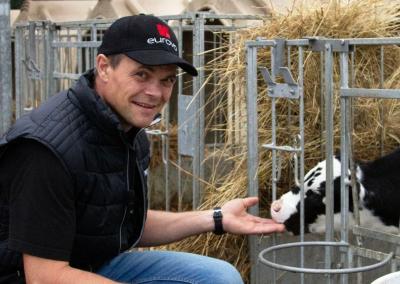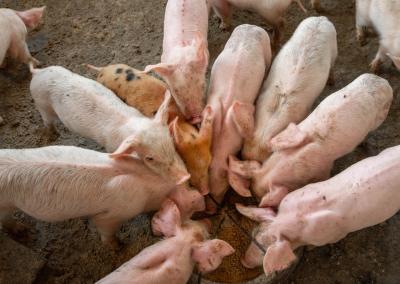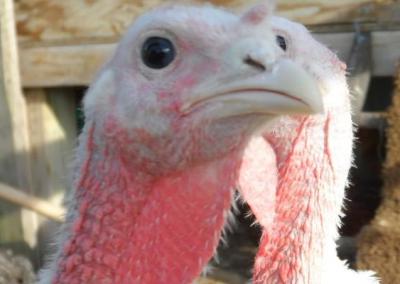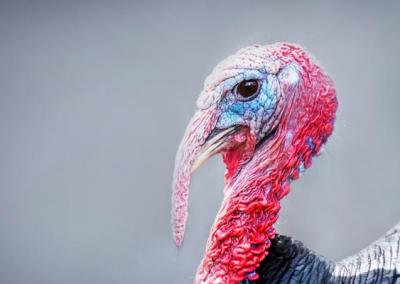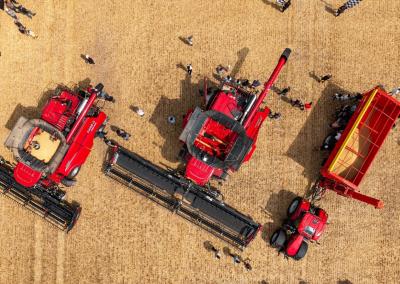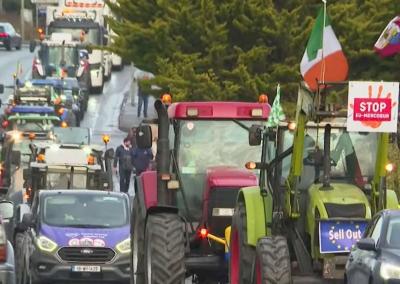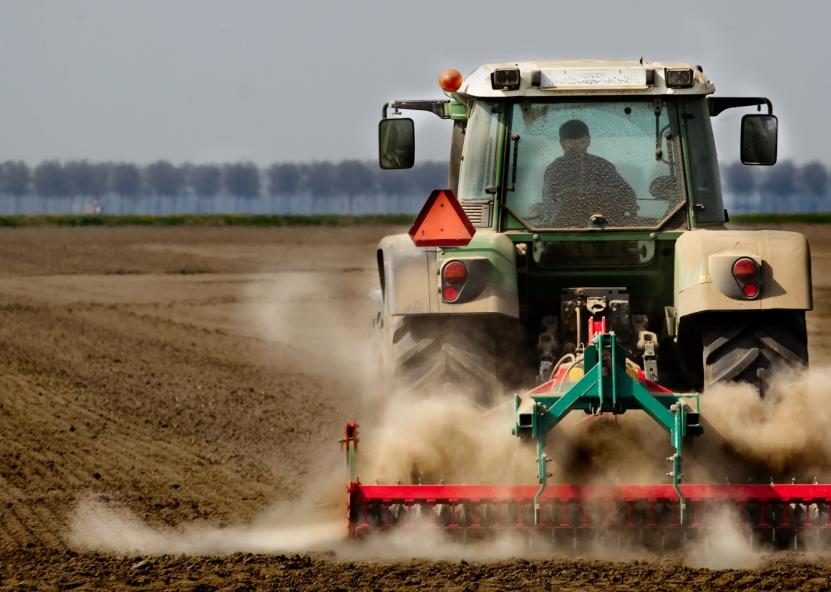Farmers worried about tax reform
The Director of the Chamber of Agriculture (CAA), Sigitas Dimaitis, and the Head of the Cooperative and Economic Department, Aušra Žliobaitė, met with the farmers of Šakiai district. The meeting was attended by Darius Jakavičius, Member of the Seimas, and Raimondas Januševičius, Mayor of Šakiai District.
The aim of the meeting with the farmers was to discuss the planned tax changes and their impact on agriculture, small business and social guarantees.
Sigitas Dimaitis, Director of the EAA, stressed that such meetings are very much needed, as they allow not only to inform farmers about the planned changes, but also to listen to farmers' suggestions, which are the best ones they can make, as they are faced with practical challenges every day.
Aušra Žliobaitė, Head of the Co-operation and Economics Division of the MAFF, presented the package of draft amendments to the tax laws that have been submitted to the public, highlighting the changes that could have a direct impact on agricultural activity. The most worrying aspect for farmers was the statements in the media about the plans to harmonise taxes for employed and self-employed persons. According to farmers, such plans ignore the fundamental differences between these forms of activity.
„Self-employment is fundamentally different from employment – no guarantees, no holidays, no benefits. We have to provide everything ourselves, at our own expense,“ – said the audience.
Despite this, the farmers unanimously agreed on the need to defend the country and supported the idea of creating a National Defence Fund. However, there was much debate about whether the increased taxes would be used for this purpose in a targeted and transparent manner.
A major highlight – the loss of pensionable service by farmers in bad years. Due to the calculation of VAT contributions on the basis of taxable income, farmers who suffered losses and had no income did not have their pensionable service credited, even if contributions were paid. Farmers see this as unfair, discriminatory and a threat to social security.
Here are the questions and answers from farmers in Šakiai district:
1. On tax reform
Questions:
What are the main changes proposed in the reform?
How will small businesses, agriculture and social security be affected?
Answer:
The aim of the reform – a more socially just system. The period of application of the 0% corporate income tax is extended for small enterprises (up to 10 employees, revenues up to EUR 300 000). For farmers and IDV operators with income up to €42,500, the tax burden will remain unchanged. There is a property tax exemption for large families, families with disabled children and other sensitive cases.
Questions:
Why is it planned to equate these activities?
Is it appreciated that IDV is a business risk and stimulates new jobs?
Answer:
There are no plans to align. Effective rate for employment – 42.5%, for self-employment – 30%.
Questions:
Why are different forms of business taxed differently?
Why is the burden on an IDV sometimes higher than on an MB or an LLC?
Answer:
Profits of an MB/UAB are taxed twice (corporate income tax 17% + dividend GST 15%) – effectively 32% while IDV – only 30%.
4. On the state budget and defence funds
Questions:
How will defence funding increase if much of the funding goes to municipalities?
Does the "defence levy" from GPT and excise duties actually increase the budget?
Answer:
The Law on the National Defence Fund provides for a clear allocation scheme: part of the revenue from GPT, corporate tax and excise duties goes directly to the Fund. However, this will only slightly increase the total revenue of the state budget, as some of the funds are deducted from the municipalities.
5. On competitiveness and the promotion of agriculture
Questions:
How will Lithuanian farms remain competitive?
How does this fit in with the stated aim of supporting agriculture?
Answer:
Direct payments remain tax-free in Lithuania – it is one of the most important forms of farm promotion.
6. On fairness and equal taxation
Questions:
Is it fair that an IDV is taxed more than an MB or an LLC?
Does it not violate the principle of fairness?
Answer:
IDVs effectively pay 30%, LLCs pay 32%, so taxation is proportionate.
7. On funding for agricultural organisations
Questions:
Why is only the Chamber of Agriculture funded?
Answer:
The Agricultural Chamber does not receive direct funding from the budget. All the activities of the EAA are organised on the basis of projects: in 2024, the EAA, with a staff of 24, implemented 27 projects.
8. Taxation of agricultural buildings
Questions:
Are there plans to tax buildings built by farmers?
Answer:
No. Properties used for agricultural activities will not be subject to property tax.
9. Retirement and loss years
Questions:
Why are farmers not counted if they have a loss year?
Are there plans to change this?
Answer:
From 2023, a new procedure for accounting for SSD contributions will come into force. If the declared income is negative, the contributions are considered as an overpayment and the length of service is not calculated. However, the Government's programme plan provides for at least minimum guarantees for the self-employed by the end of the year.
D. Jakavičius, Member of the Seimas, urged all farmers to actively participate in the legislative process – to submit their proposals in writing on the improvement of tax laws. The clearer you make your expectations, the more likely they will be heard, he said.

